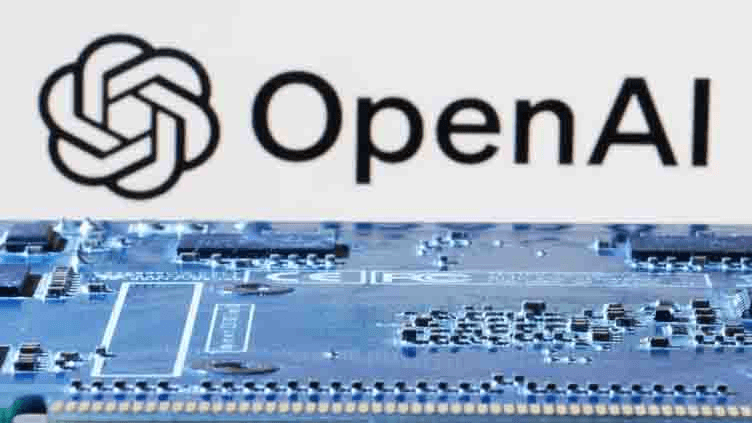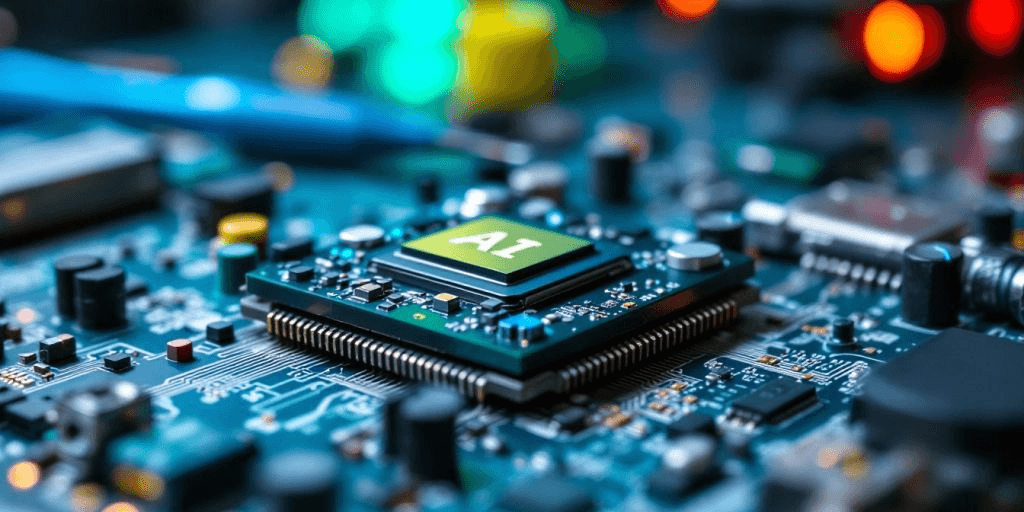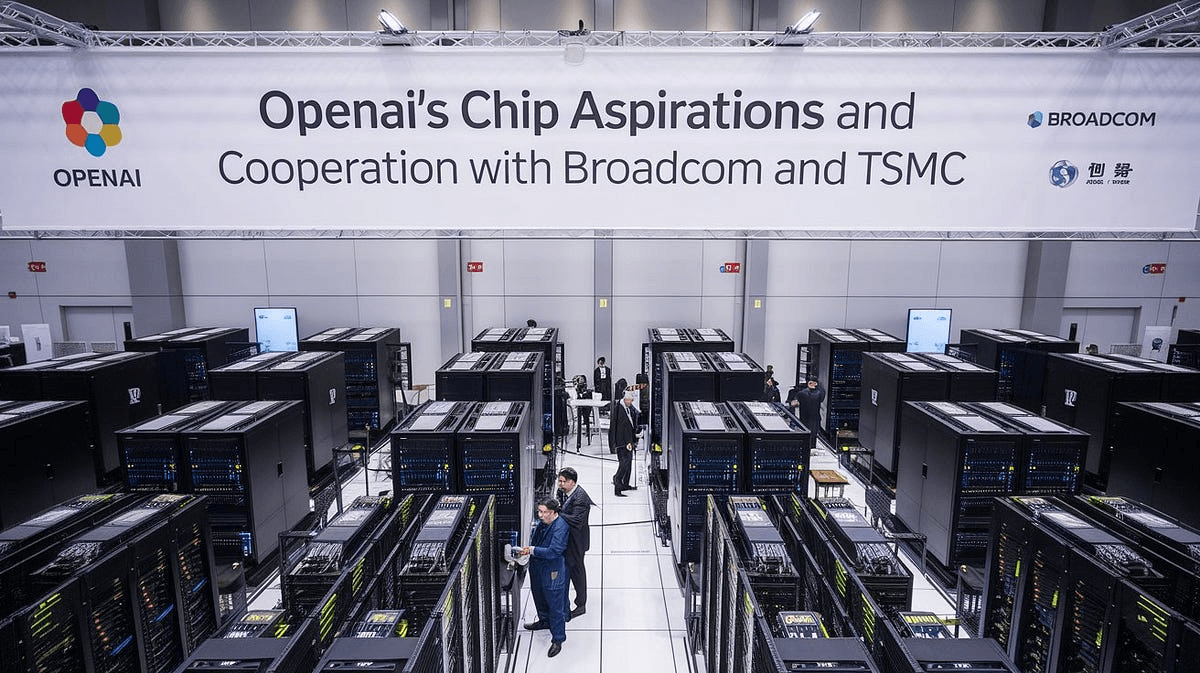OpenAI has announced a partnership with Broadcom Inc. to develop a specialized artificial intelligence (AI) chip designed to improve the efficiency of AI model inference, the process of applying trained models to real-world data.
This strategic shift aims to boost OpenAI's operational capabilities, which have so far been heavily dependent on Nvidia’s graphics processing units (GPUs) for both training and real-time applications.
TSMC’s Key Role in Production
The collaboration includes Taiwan Semiconductor Manufacturing Company (TSMC), the largest contract chip manufacturer globally, known for its ability to produce high-performance chips. This move highlights the significant industry expertise backing OpenAI’s new venture.

While the discussions are still in preliminary stages, sources report that OpenAI has been exploring the development of custom AI chips for over a year.
The primary aim is to create chips that are tailored for AI inference, meeting the rising demand for efficient processing as AI models become more complex and widely used. OpenAI’s strategic pivot comes at a time when the need for advanced computing power is rapidly expanding across the industry.
Nvidia has long dominated the AI chip market, holding more than 80% of the share for training-focused hardware.
OpenAI's partnership with Broadcom signals a shift towards diversifying its chip supply chain, a trend also observed among other major tech players like Amazon, Meta, and Microsoft, who are seeking alternatives to reduce reliance on Nvidia amid soaring demand.
Scaling Back on Proprietary Manufacturing Plans
While OpenAI had initially considered building its own chip manufacturing facilities, it has since abandoned this plan due to the significant time and investment required.
Instead, the company is prioritizing collaborations with experienced partners to accelerate the development and production of custom chips. This strategy aligns with broader industry practices, enabling OpenAI to expedite its timeline without the overhead of developing its own foundries.
Broadcom’s Market Position
The announcement of the collaboration has already positively impacted Broadcom’s stock, which saw a 4.2% increase following the news. Broadcom’s expertise in designing application-specific integrated circuits (ASICs) and its established relationships with major clients such as Google and Meta underscore its capability to deliver specialized hardware for AI.
Analysts anticipate that the demand for AI inference chips, crucial for deploying trained models, will soon exceed that for training chips as more businesses integrate AI into their operations.

OpenAI’s new custom chip, which is expected to begin production by 2026, could be a game-changer, although the timeline may shift depending on project developments.
Financial Challenges and Strategic Adjustments
This initiative comes amid financial pressures for OpenAI. The company is projected to incur a $5 billion loss this year, despite generating an estimated $3.7 billion in revenue.
The high operational costs associated with AI infrastructure—encompassing hardware, cloud services, and energy—pose substantial challenges. To mitigate these, OpenAI is pursuing partnerships and investments to strengthen its data center capabilities and better support the anticipated surge in AI applications.
In addition to its collaboration with Broadcom, OpenAI is diversifying its chip supply by incorporating AMD chips into its hardware strategy.
AMD’s recent introduction of the MI300X chip reflects the company's ambitions to carve out a share of the AI chip market, which is projected to be worth billions.
The partnership between OpenAI and Broadcom could have significant ripple effects across the AI sector, potentially influencing how companies approach both AI deployment and the supporting infrastructure.
This collaboration emphasizes the crucial role of specialized hardware in the rapidly advancing AI field and positions OpenAI to better meet the increasing demands of its services.







